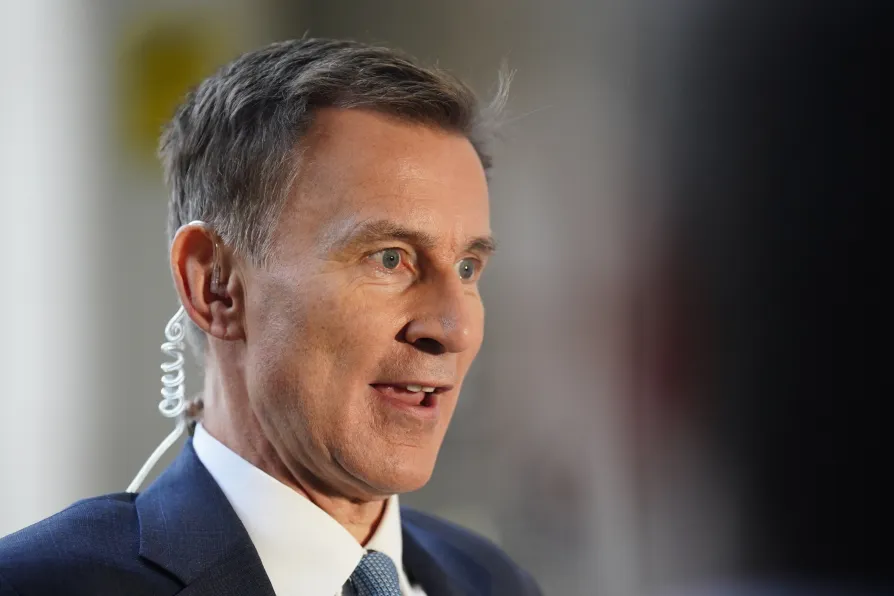CHRISTMAS 2025 is celebrated under the shadow of the hunger strikers imprisoned in British jails because of their solidarity with the Palestinian people.

 Chancellor of the Exchequer Jeremy Hunt speaks to the media outside BBC Broadcasting House in London, November 19, 2023
Chancellor of the Exchequer Jeremy Hunt speaks to the media outside BBC Broadcasting House in London, November 19, 2023
AHEAD of the Chancellor’s Autumn Statement this Wednesday demands are coming from the Tory press for further tax cuts for the rich. The Telegraph leads the call for a cut in inheritance tax — benefiting just the top 5 per cent. Others are calling for cuts in income tax — again skewed to shore up support from richer Tory voters now deserting to Reform UK.
Against this local councils have issued today desperate warnings that key services for vulnerable children are unsustainable. These are among the 4.2 million children currently living in poverty who have already been some of the main victims of Covid austerity and the inflationary crisis.
However, such calls could equally be made for the NHS, for schools, for fire, ambulance and emergency services, for public-sector housing and for benefits. All these basic services have been scarred by two inflationary years of corporate profiteering which has also left the bottom 10 per cent of our population 7 per cent poorer — and the top 10 per cent 7 per cent richer.

RMT’s former president ALEX GORDON explains why his union supports defence diversification and a just transition for workers in regions dependent on military contracts, and calls on readers to join CND’s demo against nuclear-armed submarines on June 7













